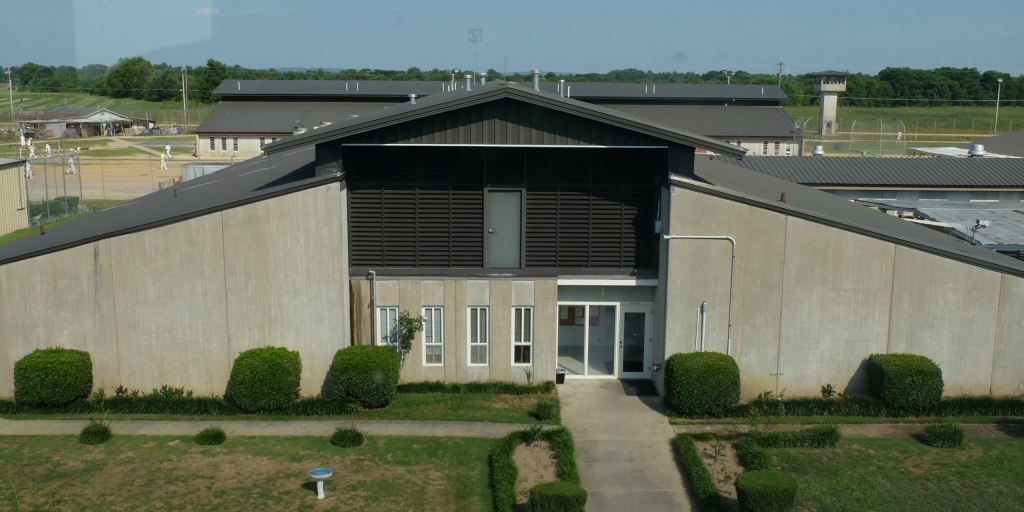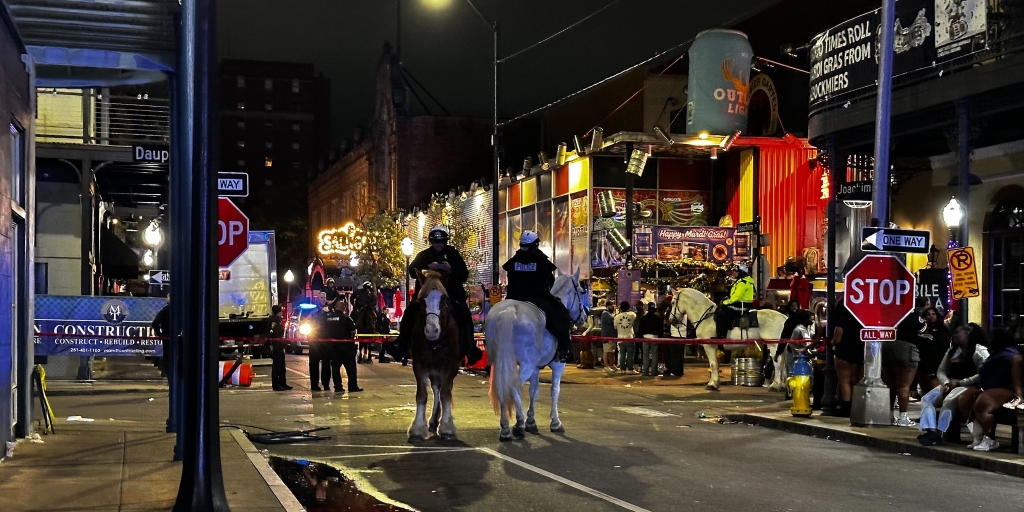In the wake of protests and concerns about awarding licenses, the Alabama Medical Cannabis Commission voted Thursday to revise its procedures on applications.
On the advice of counsel, the commission agreed to meet Oct. 26.
“The timeline (on a new awards vote) will depend on future actions of the commission as well as what the court allows,” Commission Chairman Rex Vaughn said. “The next two or three months will weigh heavily on the commission.”
Related story: Medical cannabis back in court this week
In the meantime, Vaughn said, “we received good news from the court yesterday.”
“We asked for dismissal (of the Verano lawsuit) and that was granted yesterday,” Vaughn said. “We believe we have a process to move forward.”
Verano was awarded an integrator license in June; but failed to win it when the licenses were awarded again in August.
Verano’s attorney said the grant award amounted to a real property right and could not be rescinded.
The Commission said that a license is a privilege and not a right. Montgomery Circuit Court Judge James Anderson found in favor of the Commission. That ruling likely means that in Wednesday’s court hearing Judge Anderson will also deny a motion by Southeast Cannabis (which received awards in both the June and August) meetings for a temporary restraining order on this process including rescinding their award.
The commission on Thursday passed an emergency rule citing the need for medical cannabis in the state of Alabama. The rule allows the process to move forward without waiting 60 or 80 days for a public comment period. The commission also approved a permanent rule change that will take longer to implement once the temporary rule expires.
“We are asking the commission to consider adopting such rules on an emergency basis,” Commission Attorney Mark Wilkerson said. “To vote on new awards hopefully before the end of the year. The regular rulemaking process takes longer – sixty to ninety days.
“The intent of these rules are to deal with process issues.”
Some of these issues include the 10-megabyte maximum application size as well as the Open Meetings Act violation concerns that have been brought up by the plaintiffs in the remaining consolidated case, originally filed by Alabama Always when they were denied an award in June.
“We have received numerous communications from patients and caregivers to make cannabis available as soon as possible,” Wilkerson said.
One such patient is Amanda Taylor who has muscular sclerosis.
“It is vital for patients such as myself, who are suffering – some are dying,” she said.
Taylor said that it was important for her to attend the meeting because, “When you move the patients out of the discussion, they forget we are here.”
Taylor said she was “devastated” when the license process was halted in June.
““I was heartbroken,” Taylor said. “To see it come to a grinding halt – that was devastating.”
However, Wilkerson said the earliest licenses would be awarded could be the end of the year.
“From what we have seen, the best-case scenario would be a new commission award by December,” he said.
To connect with the author of this story or to comment, email [email protected]













